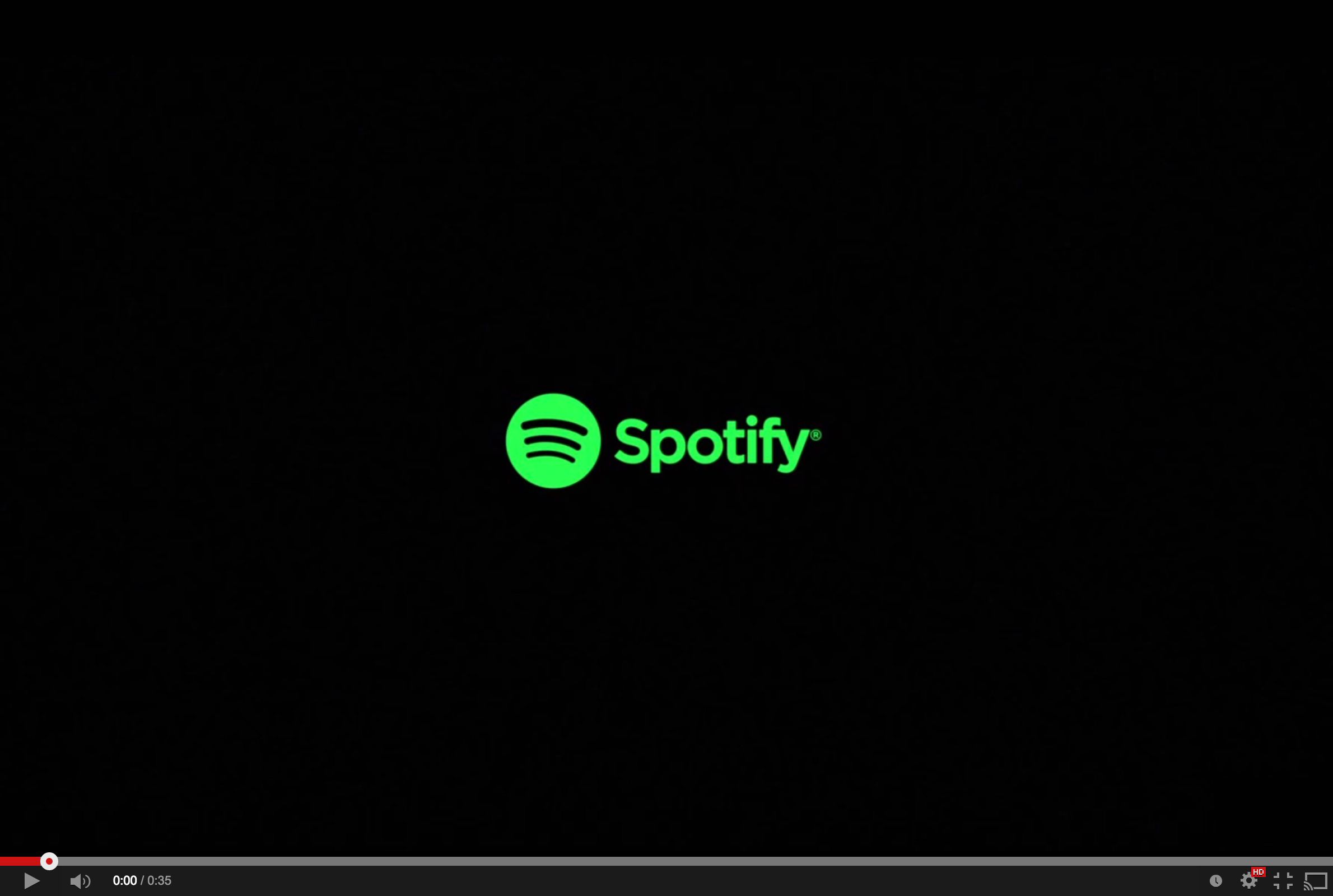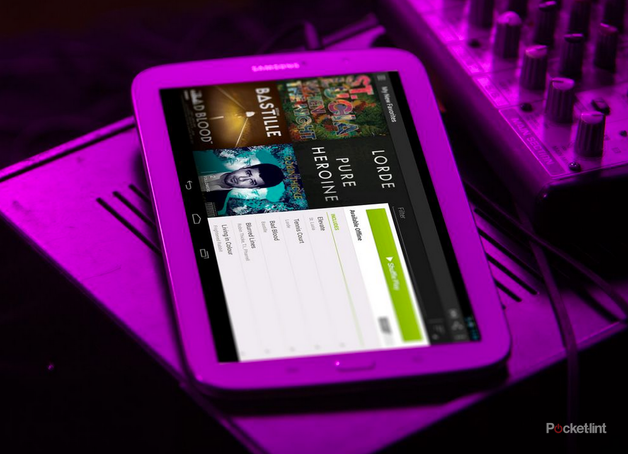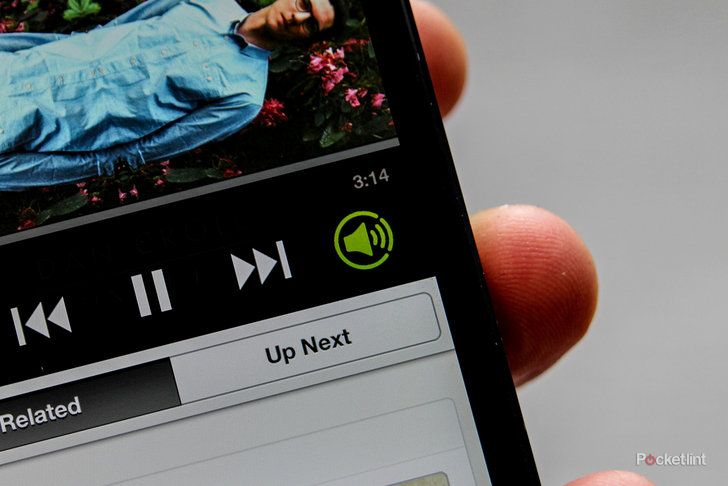It looks like you might be able to use Spotify for your daily dose of cat videos, starting later this month.
A new report has claimed Spotify is getting ready to launch a video service that would make it directly compete with YouTube, and in a move that almost appears to fuel the rumour-mill flames, the company has just announced it will hold a mysterious press event in May to announce something new.
You're probably now wondering why Spotify would expand from music to videos, especially since the streaming service reportedly wants to host all sorts of clips (not just music videos). Well, like many things in life, there are a couple reasons why Spotify might be making such a bold and drastic move.
Here's what we think... but feel free to voice your opinion in the comments below.
Spotify: What you need to know
Spotify is a music streaming service, in which you can listen to a catalogue of varied tunes for free, but you will be subjected to some limitations, including adverts. If subscribed to one of Spotify's paid tiers, you can listen to ad-free tunes and download music for offline listening, among other things.
Spotify launched in 2008, and as of January 2015, it had 60 million users (15 million paid). You can learn more about Spotify, how to access it, and the differences between the free and premium versions here.
YouTube: What you need to know
YouTube is a website that lets you upload and watch video clips (even lengthy films), as well as engage with and interact with other users. Former PayPal employees launched it in 2005, and one year later, Google bought it for $1.65 billion. Over the years, it has added several features in order to expand functionality.
YouTube announced the launch of Music Key in 2014, for instance. It's subscription music streaming service that provides ad-free playback of music videos and integrates with and replaces Google Play Music All Access. It's also been rumoured that Google wants to offer a subscription-based version of YouTube in 2015.
A paid version of YouTube would allow you to watch millions of videos on YouTube without having to sit through adverts. It would also offer offline access to videos. According to The Verge, YouTube plans to let content creators put specific videos behind a paywall as well, meaning people would need to pay to watch them.
Is Spotify trying to become the next YouTube?
Apparently. According to The Wall Street Journal, Spotify plans to announce a video service in May. The company has said it will hold a media event on 20 May, and it's assumed the event will focus on debuting Spotify's video service. Unlike YouTube Music Key, the upcoming service won't just be for music videos.
Spotify is one of many companies that wants to get into all-inclusive video streaming, which Netflix, Hulu, Amazon, and others currently dominate. Spotify will not only produce video (based on data it's cropped from users habits), but it is reportedly contacting YouTube creators and media outlets, with the hopes of licensing content.
In other words: Spotify's video service will be in fact a lot like good 'ole-fashioned YouTube. But it would be available to both subscribers and non-subscribers and might eventually include adverts, which is something, as we mentioned above, YouTube is allegedly thinking about distancing itself from by offering a paid tier.
Why would Spotify get into video?
Money
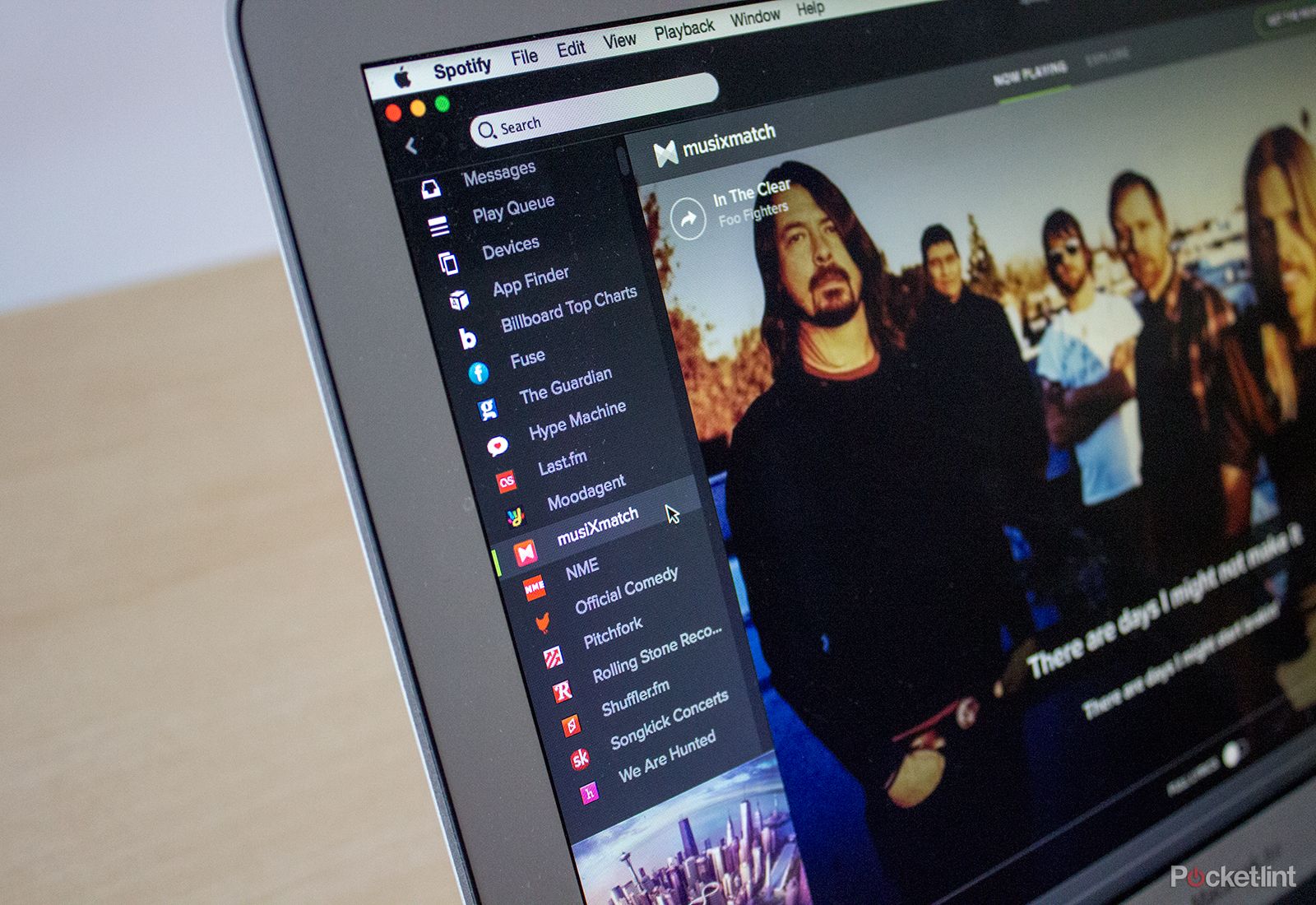
Bloomberg claimed Google wants to launch a paid version of YouTube to increase revenue and better compete with rivals in the video streaming space, such as HBO Now and Netflix. We can assume Spotify has a similar agenda, especially since it faces heavy criticism regarding its freemium business model.
Despite experiencing fast growth in terms of users and revenue, Spotify regularly posts losses and has yet to turn a profit. It had more than $1 billion in revenue in 2013 but also had $80 million in net losses. Although it's no surprise that growing internet companies lose money, critics can't stop talking about deepening losses.
Spotify got 90 per cent of its revenue from subscribers in 2013, so the company is likely exploring new ways of creating revenue streams and attracting subscribers, which would help it to not only stem the losses and post a profit, but also to shush the critics. A video service might be just what Spotify needs.
Getting traction in the online video business isn't an easy thing do though, and let's not forget about the headaches involved with licensing content deals, etc. Apple has been long-rumoured to soon offer a pay-TV service, for instance, but that's been repeatedly stalled due to failed negotiations.
Competition
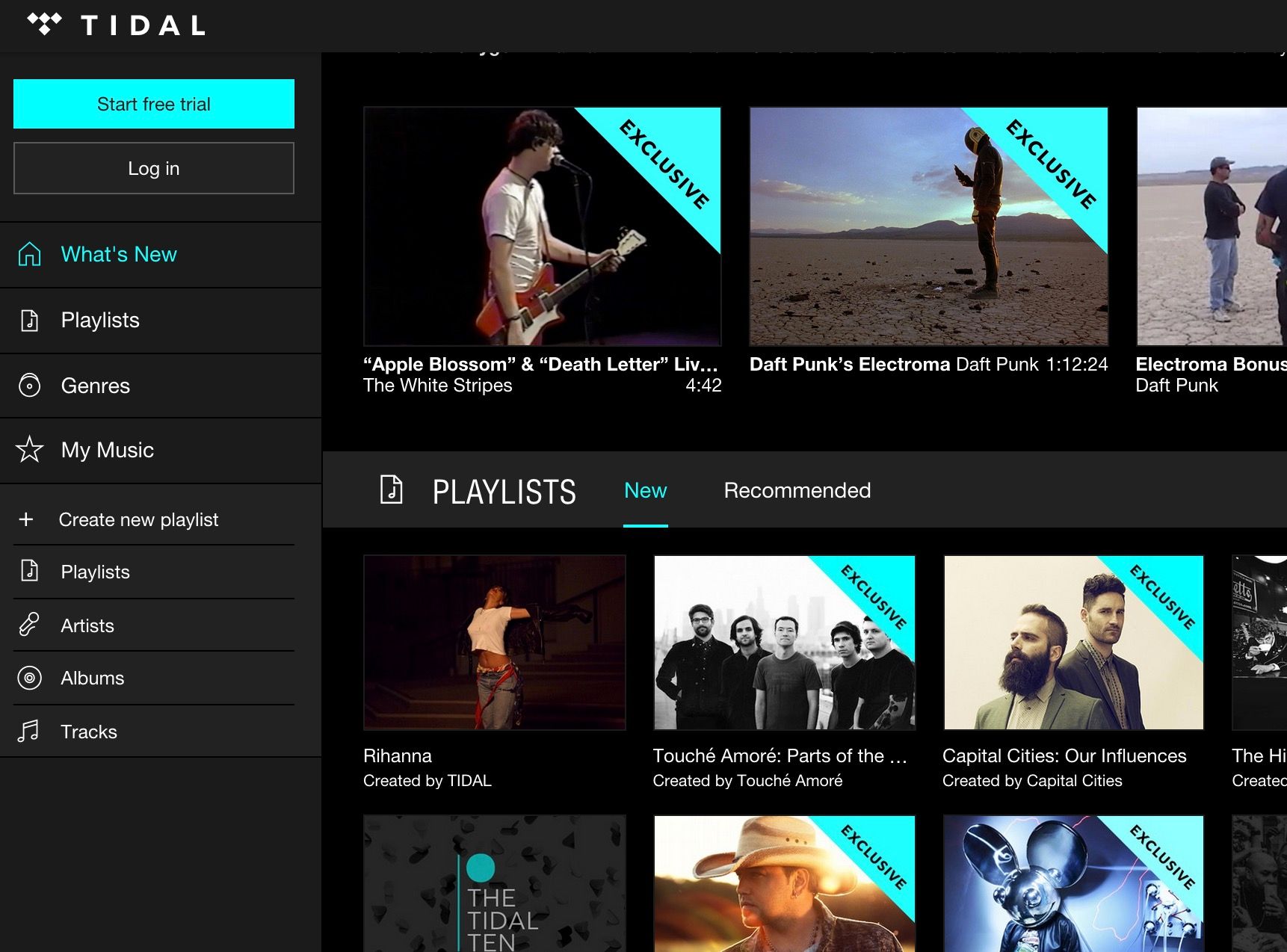
Spotify also faces criticism with the amount of royalties it pays to rights holders, especially from its free tier, and the intensity of such criticism has even helped rival products to surface, such as Jay Z's Tidal. It's the first music streaming service to offer High Fidelity music as well as high-definition music videos.
Tidal, which is a new service with two subscription tiers, has been publicising it pays musicians more than Spotify. It is reportedly offering artists up to $3 million and 3 per cent of the company in exchange for their support and exclusive content. Tidal is promising to make music royalties more transparent for all artists too.
Jay Z even told a crowd at NYU that Tidal is planning to change the pay system for artists, producers, and writers: "Aloe Blacc had a song that was streamed 168 million times and he got paid $4,000. For us, it’s not us standing here saying we’re poor musicians. If you provide a service, you should be compensated for it."
As of the end of December 2014, Tidal had a total of 12,000 paid subscribers, so it's too early to call if it'll succeed in toppling Spotify. But Spotify looks like it won't go down without a fight. By offering a new video service, Spotify might be able to successfully compete with Tidal's music video offering.
A video service will also allow it to briefly come out from underneath the current cloud of criticism kicked up by Tidal, all without having to increase the amount of royalties it pays to artists and right holders.

